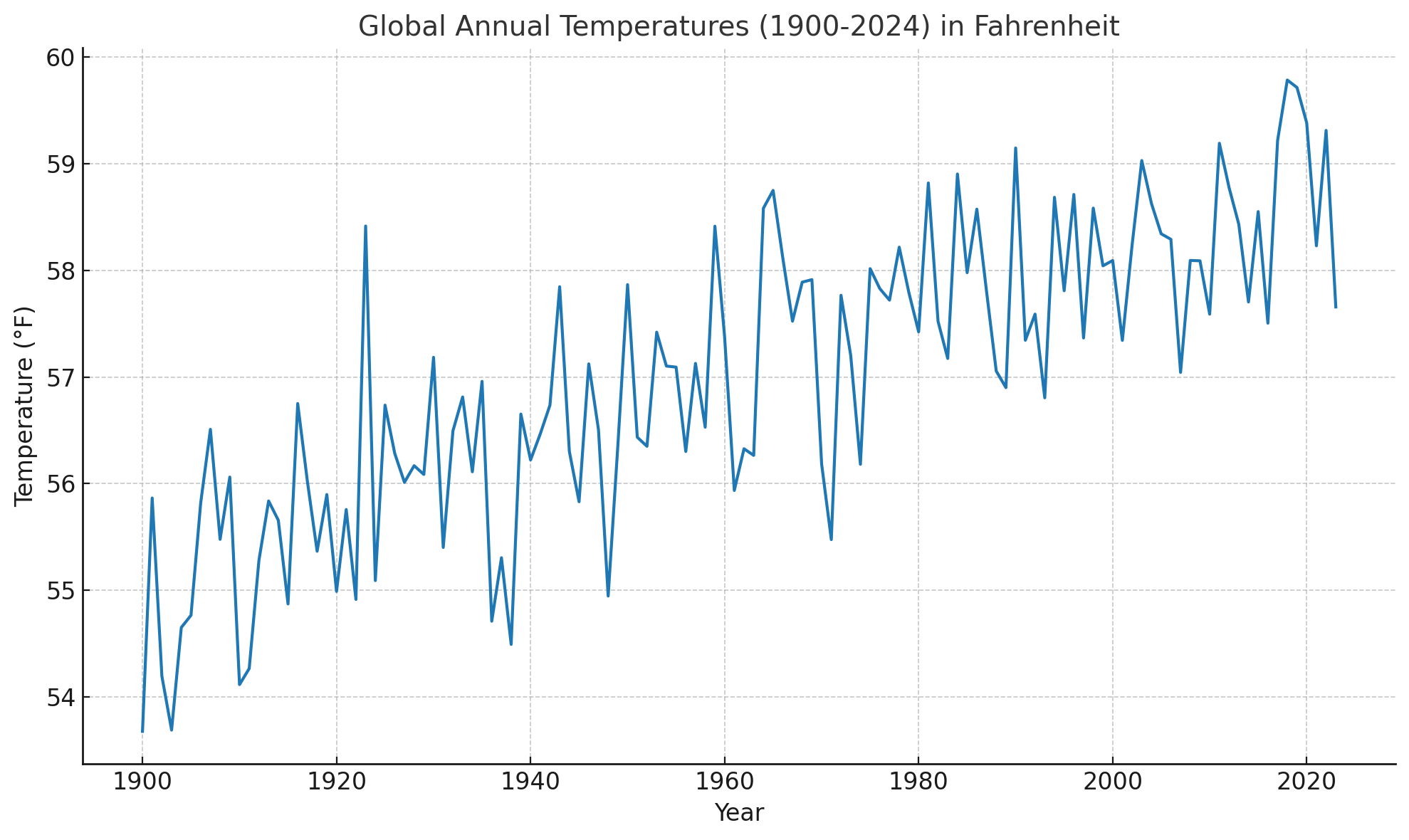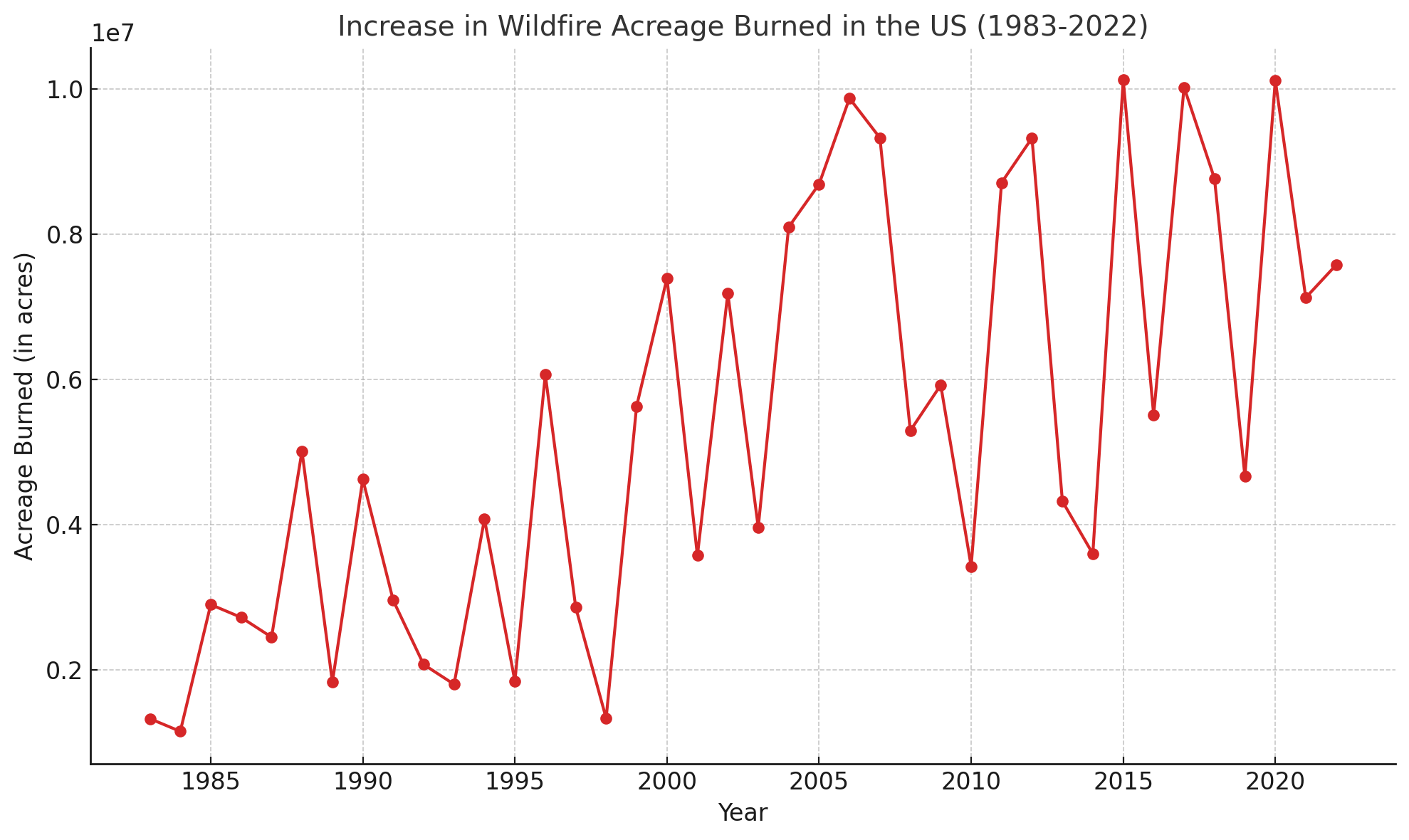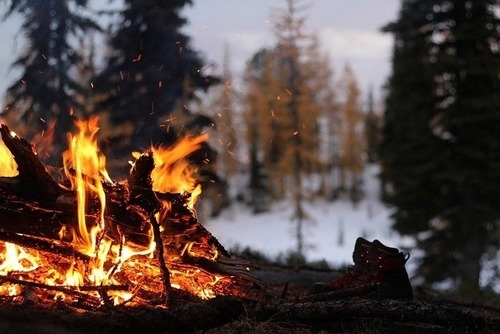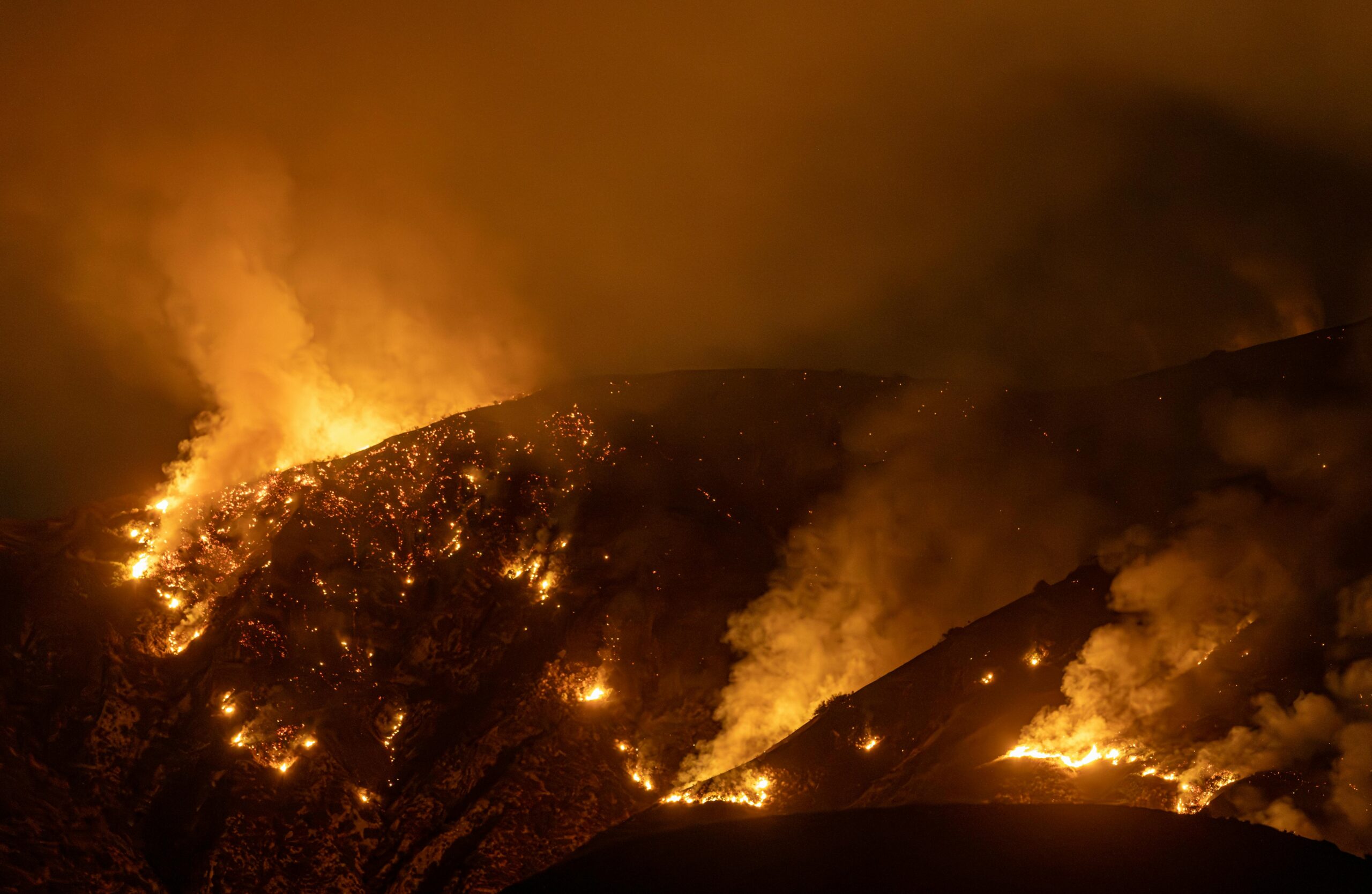The 2023–2024 “State of Wildfires” report by Copernicus provides an in-depth analysis of the increasing global wildfire activity, highlighting how climate change is intensifying the frequency and severity of wildfires across the world. The report reveals that 2023 saw a particularly high number of fires in the Mediterranean, North America, and Australia, regions already susceptible to extreme fire conditions due to hotter, drier climates. The findings stress that rising global temperatures, extended periods of drought, and altered precipitation patterns are the key drivers behind this surge in wildfire activity.
The report also outlines the growing impact on biodiversity, ecosystems, and human communities. With more intense and longer wildfire seasons, natural landscapes are facing unprecedented levels of destruction. The report emphasizes that this disruption to ecosystems not only leads to the loss of habitats but also contributes to the release of large amounts of carbon dioxide, which further accelerates climate change. Moreover, human communities are at an increasing risk, with widespread property damage, evacuations, and loss of life becoming more frequent as wildfires spread unpredictably.
Factors Driving the Worsened State of Wildfires
One of the significant findings in the Copernicus report is the role that climate change plays in fueling the growth of wildfires. Warmer temperatures have led to an earlier start to fire seasons, and the risk of wildfires remains elevated for longer periods throughout the year. Additionally, the increasing frequency of drought conditions and erratic weather patterns have made it more challenging to predict and manage fire risks.

Global annual temperatures from 1900 to 2024. As the data illustrates, there is a clear upward trend in temperatures, particularly since the 1970s.

Wildfire acreage burned in the United States from 1983 to 2022. As illustrated, there is a clear upward trend, with several years surpassing 10 million acres burned, particularly during the major wildfire seasons in the 2010s and early 2020s.
The report highlights the urgent need for global cooperation and advanced technology in wildfire monitoring and prevention. The parallel between rising global temperatures and increasing wildfire activity underscores the growing challenges posed by climate change. As seen in the upward trend of both global annual temperatures and the acreage burned by wildfires, the warming climate is directly linked to longer, more intense fire seasons. This calls for improved risk assessment strategies and comprehensive action plans to manage the escalating threats of wildfires. Addressing these challenges requires a unified approach that combines innovation, preparedness, and resilience to safeguard communities and ecosystems.




